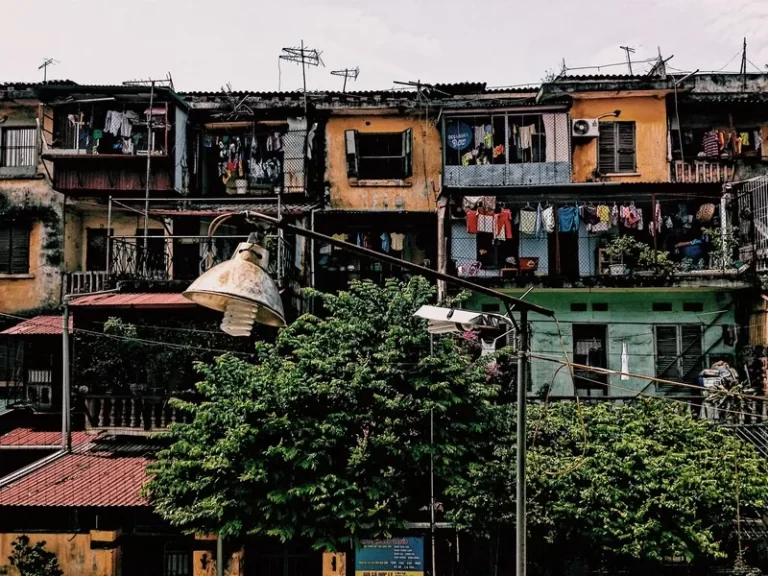Table of Contents
- The Definition and Scope of Social Geography
- Historical Context
- Social Geography and Urban Environments
- Social Geography and Rural Spaces
- The Significance of Scale
- Methodological Approaches
- Relevance in a Global Context
- Emerging Trends and Future Directions
- Why Study Social Geography?
- Conclusion
Social geography is a fascinating subfield of human geography and sociology. It explores the dynamic interactions between society and space—more specifically, how social processes shape and are shaped by the physical and symbolic landscapes in which we live. Students new to this subject often notice that it spans and intersects with multiple disciplines: social theory, cultural studies, urban planning, economics, environmental studies, and more. In this article, we delve into what social geography is, its historical and theoretical underpinnings, and why it continues to be relevant in our fast-changing world.
The Definition and Scope of Social Geography
Social geography seeks to understand how social phenomena—such as class, gender, ethnicity, and power—manifest in physical spaces and places. It looks at how these phenomena are both cause and consequence of the ways in which societies organize themselves. As an essential aspect of the broader field of geography, social geography examines everything from local communities and their spatial practices to global migration flows, from urban development processes to the geopolitics of identity.
Key Focus Areas
While social geography encompasses a broad range of ideas, a few central areas emerge:
- Social Stratification and Space: How is social inequality mapped onto geographical areas? Social geographers research how social hierarchy—based on class, ethnicity, race, or other attributes—manifests in residential segregation, unequal access to resources, and spatial clustering of communities.
- Sense of Place and Community: Social geography examines how communities create a sense of belonging and identity through place, including how shared social experiences give character to specific neighborhoods, towns, or entire regions.
- Social Movements and Spatial Structures: From protests in public squares to the organization of civic or political gatherings, social geography investigates how space shapes political dynamics and how activists or groups use public space to stake claims for recognition.
- Globalization and Transnational Networks: Modern societies are increasingly interconnected. Social geography tracks how global flows of people, capital, information, and culture impact local spaces and how communities react or adapt to global trends.
Historical Context
Social geography has its roots in the late 19th and early 20th centuries, when scholars began to move away from purely physical interpretations of geography. For many years, geography focused mainly on environmental and physical processes—rivers, mountains, climate, and so on. However, as industrialization and urbanization transformed landscapes and social structures, scholars recognized the need to understand how these processes affected and were affected by people and their social relations.
As the field evolved, social geography in different national contexts took on distinct emphases. In Europe, for instance, scholars tended to focus on social theory, especially Marxism, feminism, and postmodernism, blending geography and sociology to unpack how power operates in different places. In North America, early forms of social geography were strongly influenced by the Chicago School of sociology, which concentrated on urban social patterns and zones of transition in large cities. Over time, the discipline has broadened its scope to include both global and local phenomena.
Shifts in Theoretical Perspectives
The theoretical palette of social geography is rich and diverse. In the mid-20th century, there was a strong emphasis on functionalist perspectives that sought to understand how societies adapt to and shape their environments. By the 1970s, Marxist and neo-Marxist frameworks helped social geographers focus on the role of capitalist structures in shaping spaces and social relations. In subsequent decades, feminist geographers added gender as a critical analytical lens, highlighting how domestic and public spaces reinforce or challenge patriarchal norms. More recently, postcolonial and queer studies have further broadened the field’s theoretical horizons, examining how issues of power, identity, and resistance manifest in the spaces we inhabit.
Social Geography and Urban Environments
One of the most visible manifestations of social geography is found in urban environments. Cities have always been vibrant hubs where diverse populations converge, and they serve as living laboratories for studying social phenomena.
Urban Segregation and Gentrification
Urban segregation refers to the geographical separation of different groups within an urban environment, whether based on income, race, ethnicity, or other factors. Social geography strives to uncover the social forces that produce these segregated patterns, demonstrating how certain areas become marginalized or stigmatized while others gain privileged resources and status.
Closely tied to segregation is gentrification, a process where lower-income areas experience an influx of wealthier residents. This often leads to rising property values, the displacement of original residents, and significant changes in the cultural fabric of neighborhoods. Social geographers examine how socio-economic power dynamics, local policies, and cultural preferences fuel gentrification and question who benefits from these urban transformations.
Place-Making and Public Spaces
Public spaces like parks, plazas, and streets serve as sites of interaction, negotiation, and sometimes conflict. Social geography emphasizes the crucial role these spaces play in shaping community identity and social engagement. For instance, the design and availability of green spaces or communal areas can encourage social cohesion, while a lack of these amenities may reinforce isolation and inequality.
Social Geography and Rural Spaces
While often overshadowed by the focus on urbanization, rural areas are equally important in social geography. Rural spaces bring their own set of social challenges and dynamics.
Community Dynamics
Rural communities can sometimes be more close-knit, given smaller populations and shared traditions. However, social geography reveals how rural settings also deal with issues of exclusion, such as limited access to healthcare, education, and economic opportunities. Through this lens, we see how global forces like market fluctuations, agricultural policies, or tourism can reshape rural livelihoods and landscapes.
Migration and Changing Demographics
As populations shift for employment or education opportunities, rural areas experience demographic changes. Youth outmigration, for instance, can leave communities aging and struggling to maintain vital services. Conversely, the in-migration of retirees or new residents seeking a different lifestyle can lead to cultural and economic shifts. Social geography helps us see how these changes affect community identity, social bonds, and political influence.
The Significance of Scale
Get the full article AD FREE. Join now for full access to all premium articles.
View Plans & Subscribe Already a member? Log in.





